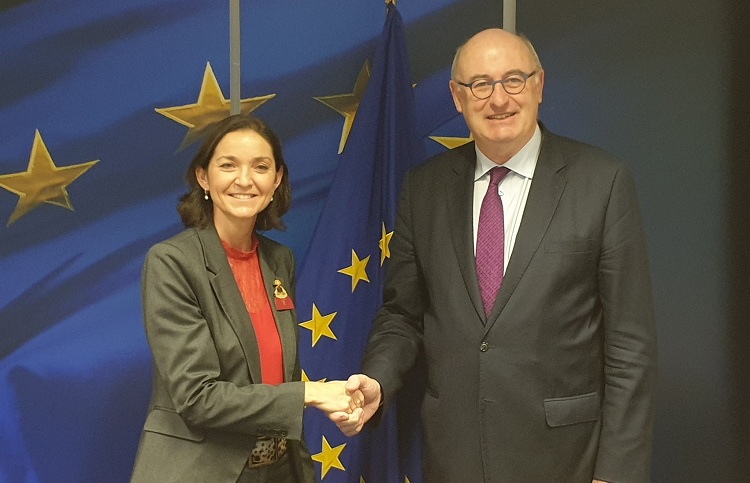CGC calls on Madrid and Brussels to work to remove US tariffs
On July 24, Airbus announced that it was denouncing the aid that was declared illegal by the World Trade Organization (WTO). As confirmed shortly after by the European Commission (EC), the Governments of Spain, France and Germany then agreed with the European aeronautical manufacturer to modify the terms of the repayable credits granted to the firm, in order to reflect market conditions and try to settle the trade dispute with the US and with the company from that country, Boeing.
The EU-US trade dispute relating to subsidies to US firm Airbus, led to retaliatory measures from the US against European agri-food products. Since October 2019, a 25% tariff has effectively kicked out Spanish citrus (mainly clementines) from the US market, as well as great damage to other Spanish products such as olive oil, wine and cheeses.
Despite the dispute being resolved, the tariffs are still in place, which is why Spain’s Citrus Management Committee (CGC) calls on the Spanish Government and the EC to act to accelerate the reopening and allow resumption of affected agri-food exports, including oranges from September. In a press release, the CGC argues that failure to act quickly will make it difficult for operators to organise the logistics necessary to negotiate new supply programmes to the US.
The EU is in favour of a negotiated solution. However, if there is no agreement, Trade Commissioner Phil Hogan has warned that “the EU will be ready to exercise its rights to impose sanctions.” Hogan was referring to the forthcoming ruling of the WTO, which must promptly determine whether the measures granted by the US to Boeing can be replicated in the EU. CGC president, Inmaculada Sanfeliu, said, “If Europe really wants to end this trade war, an agreement should now be closed. The agri-food sector in general and citrus fruits in particular are the major victims of Europe’s geopolitical decisions.”



